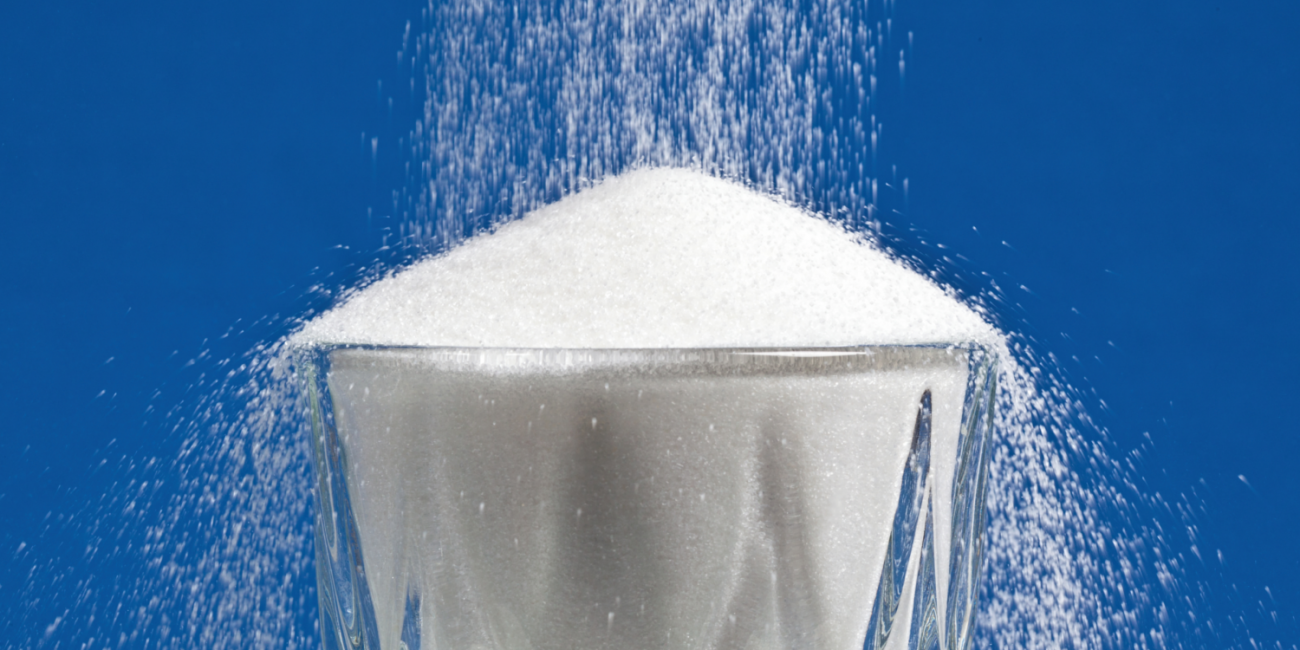Lose Sugar, Lose Weight
The human body needs only about two teaspoons of sugar in the bloodstream at any one time. Is it any wonder overweight and obesity have reached epidemic proportions in this country?
By:
Taste for Life Magazine
Sugar has been blamed for almost every known health problem: cancer, cardiovascular disease, Type 2 diabetes, hypoglycemia, and impaired immunity, as well as adrenal gland exhaustion, behavior problems, candidiasis, fatigue, hyperactivity, impaired digestion, mood swings, overacidity, and tooth decay.
Try seven simple ways to avoid these problems.
7 Quick Tips
- Don’t add sugar to cereal or drinks. If you don’t enjoy unsweetened foods, add a touch of the sweet herb stevia (naturally low in calories). Caution—a little goes a long way!
- Avoid processed carbohydrates (white bread, white pasta, and white rice), which are quickly converted to blood sugar, disrupting the body’s metabolic balance and fat-control systems.
- Eat whole foods. Fruits and vegetables, legumes, nuts, and whole grains contain some naturally occurring sugars, but they also offer dietary fiber and important nutrients to help balance blood sugar. Eggs, poultry, and fish are also healthy choices.
- The more natural, the better. Choose an orange, rather than orange juice. Not only will you get less sugar, but you’ll also benefit from more nutrients.
- Dilute natural sweets, like juice, with pure water. If you love granola, add unsweetened whole-grain cereal and nuts to reduce your sugar intake.
- Beware of fat-free labels. These foods actually contribute to health and weight problems. What the labels don’t tell you is that these products contain more sugar—sometimes two or more times that found in the “regular” versions!
- Become a food detective. Learn all the other names for sugar: cane juice, caramel, corn syrup, dextran, dextrose, fructose, fruit juice (and concentrate), glucose, high-fructose corn syrup, invert sugar, lactose, malt syrup, maltodextrin, maltose, mannitol, molasses, raw sugar, refiner’s syrup, sorbitol, sorghum syrup, sucrose, and yellow sugar. If you must use sweeteners, consider their sugar content (see the chart).

